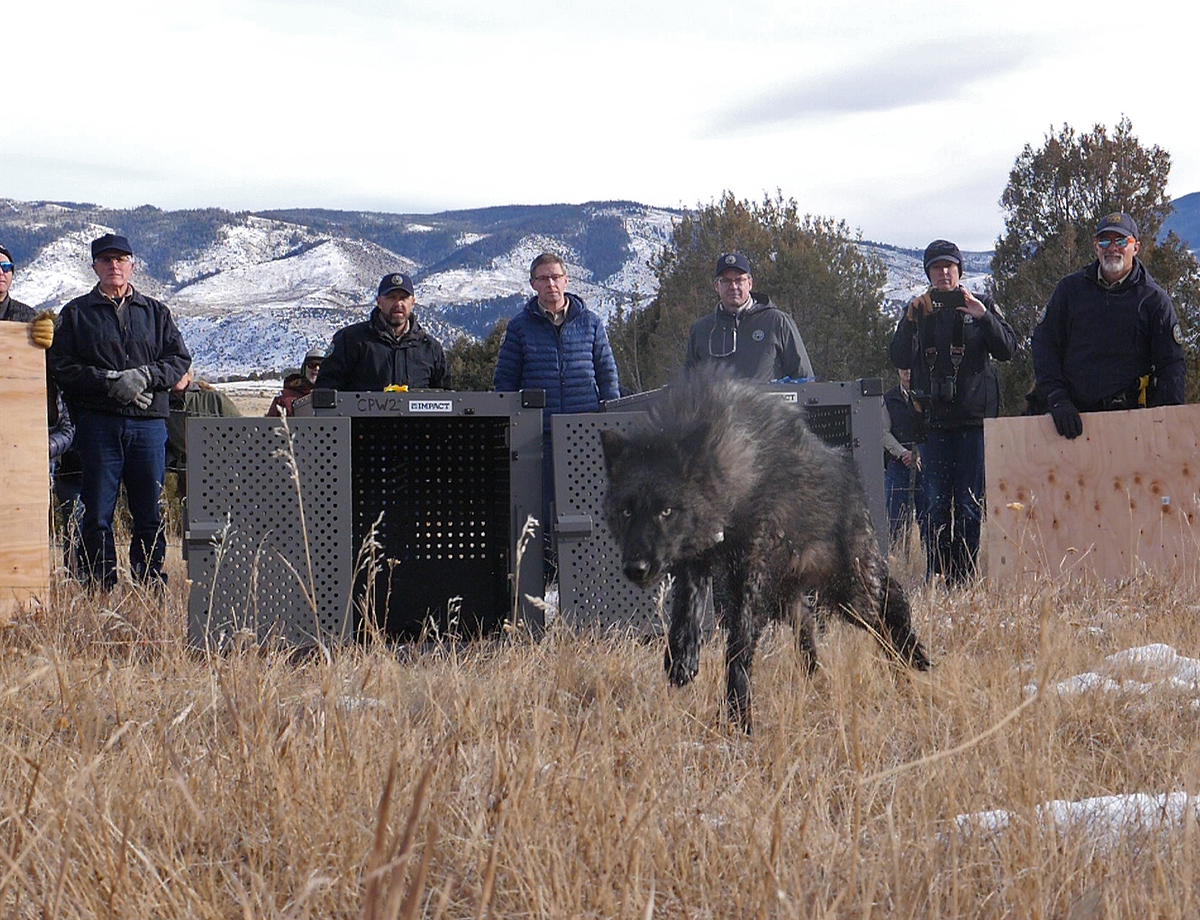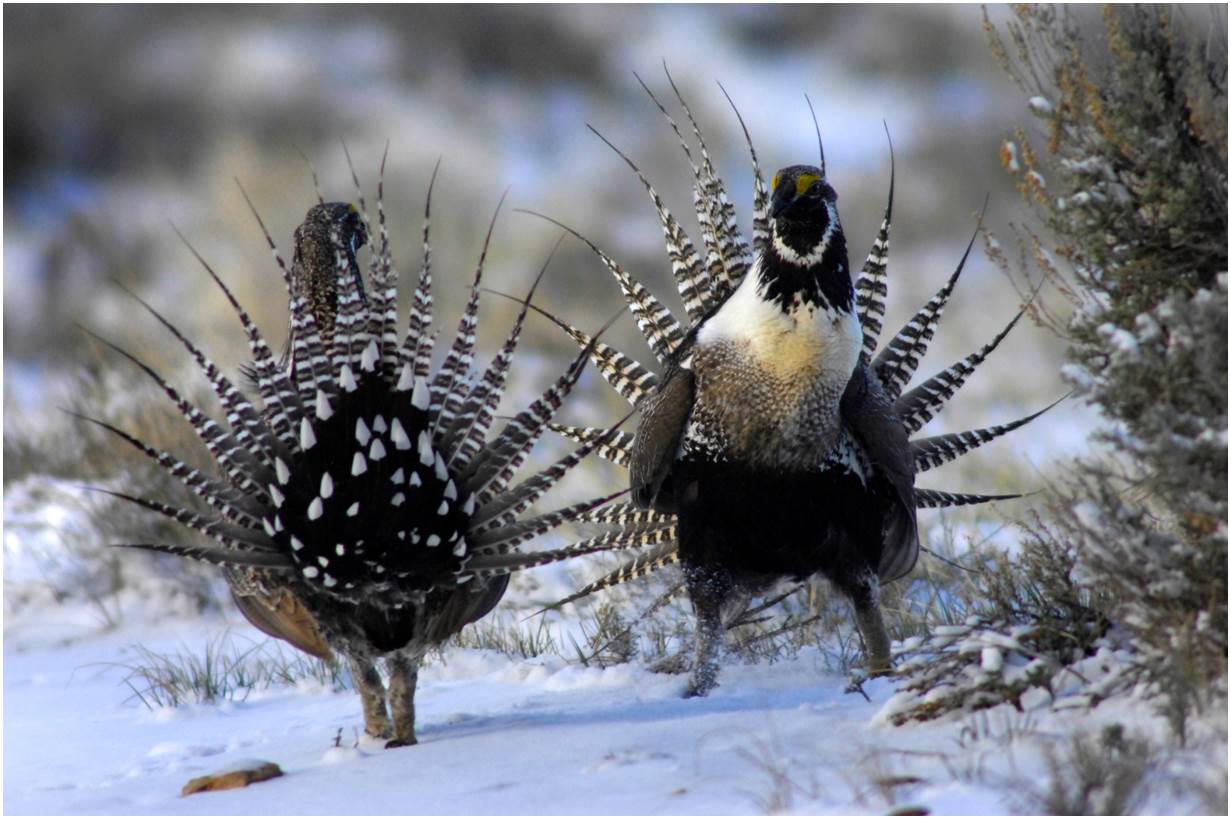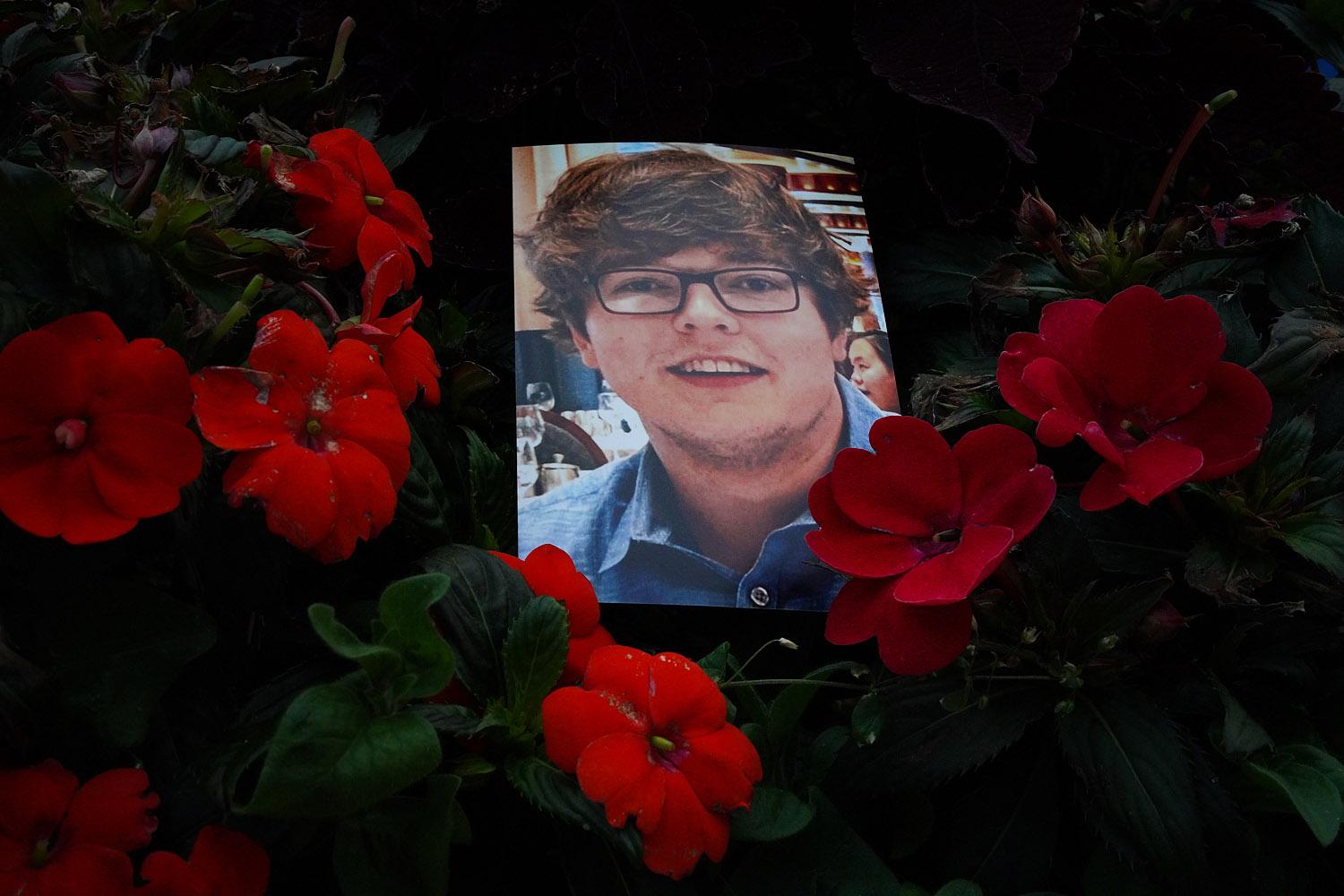
Marlin Briscoe made history on Oct. 6, 1968 as the first African American starting quarterback in modern American pro football. But that wasn't the first time he took a snap for the Denver Broncos.
That came the week before, against the Boston Patriots. With ten minutes left in the game and the Broncos behind, the starting quarterback got injured. Briscoe stepped in, led the team to a touchdown, and almost pulled off a win.
Briscoe went on to set records with the Broncos, including the most touchdown passes by a rookie quarterback, a Broncos record that has stood for 50 years. But a year later, against the backdrop of race and other political strife in 1968, he was off the team. Briscoe would go on to play with the Buffalo Bills and Miami Dolphins, winning two Super Bowls, but never again as a quarterback.
Briscoe talked to Colorado Matters about his legacy and politics in football today.
Interview Highlights
On his and other black men's struggles to be hired as quarterbacks:
"I started when I was in Pop Warner. I’ve been craving that position for a long time, since I was 10 years old. When I got drafted out of college in the 14th round by the Broncos, they of course drafted me as a defensive back. That’s what they did to black quarterbacks if they did make it to the collegiate level playing quarterback. They’d say, ‘You’re a great athlete so you can play other positions.’ They didn’t think a black man who could think, throw and lead on that level."
On getting the confidence to demand a chance to play as quarterback:
"First of all, we’re talking about the '60s when Black America had a different approach to life and self-esteem. We as African Americans wanted to be heard. Especially in 1968. 1968 was one of the most pivotal years of change in the history of this country, if not the world. It seemed like an appropriate time somebody stood up."
On leading a team made of white players:
"My entire line, besides Wally Highsmith that particular day, my entire line were white players from the south. Except Mike Current, he was from Ohio State. They were from Mississippi, LSU, Alabama. Not only had they not played with a black quarterback, when they were in college, until they got to the pros, they had never played with a black player. That’s what sports does."
On Colin Kaepernick:
"Colin Kaepernick, he did what he did with dignity and grace. His M.O., his reasoning, for kneeling, was no disrespect to the flag or the United States. It was an open protest to conditions as it relates to black men and police in this country. And trust me, I’ve had reason to understand how that works. I’ve had in my lifetime as a black man, with the white police establishment, they’ve raised their ugly head. The kid can play. They took him to the Super Bowl. And yet, he’s not going to get any takers, because—excuse the pun—he became a political football."









